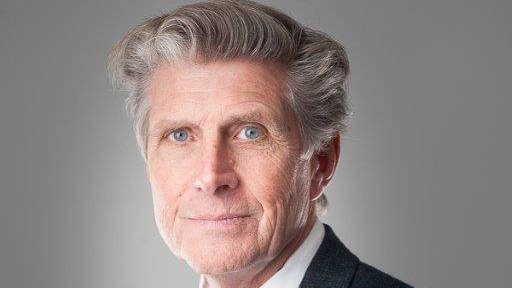Gov. Bill Walker isn’t backing down.
In a letter to Senate President Pete Kelly, R-Fairbanks, and Senate Majority Leader Peter Micciche, R-Soldotna, the governor said he will not reconsider his pick of Mat-Su Borough Assemblyman Randall Kowalke for the Senate seat vacated by the resignation of Mike Dunleavy.
Walker’s letter follows one signed by Kelly and Micciche earlier in the day. That letter asked Walker to reconsider his selection because Kowalke was not among the three candidates suggested by a Republican committee from Senate District E in the Mat-Su.
“If you feel that none of the three individuals are the ‘right fit’ for the district, we acknowledge that it is legally your prerogative to reject all three,” the senators’ letter states. “However, we also believe that the district should be provided the opportunity to provide you with a new list.”
The letter was drafted after the Senate’s 13 Republicans (12 are members of the same majority caucus, the other is Sen. Shelley Hughes, R-Palmer) met Tuesday morning to consider Walker’s selection.
Members of the majority said no vote was taken on Kowalke’s nomination during that meeting.
Alaska law requires only that a sitting governor select someone from the same political party and district within 30 days to fill a legislative vacancy. Alaska’s largest political parties, the Republicans and Democrats, have procedures to recommend a shortlist of candidates, but the governor is not required to abide by that list.
In this case, Kowalke had previously announced his intention to run for the seat held by Dunleavy. When Dunleavy resigned, he was among 11 people who applied for the vacancy but was not among the three finalists suggested to the governor.
In his response to the senators’ letter, Walker quotes the state law and constitutional language covering legislative vacancies, then adds his own thoughts.
“Nowhere in statute or the Alaska Constitution does it require the governor to select names from a list provided by a political party,” he writes.
Walker states that he received an enormous amount of support from Mat-Su residents for Kowalke’s appointment and was even encouraged by members of the Senate Majority to appoint him.
“I have no intention of delaying the selection process by requesting additional names from the Republican party while my current appointment is still pending,” Walker concludes. “Should the Senate Republicans choose to reject Mr. Kowalke’s appointment, I will forward another name for consideration pursuant to requirements in the Alaska constitution in state law.”
Walker’s statement puts the whip to Senate Republicans, who now must decide whether to approve or reject Kowalke.
There is no deadline for them to decide: While the governor had 30 days from the Jan. 15 resignation of Dunleavy to name a replacement, there is no timeline in statute or the constitution for a confirmation vote.
If Senate Republicans reject Kowalke, Walker will have 10 days to name another option and set up another confirmation vote.
• Contact reporter James Brooks at james.k.brooks@juneauempire.com or call 523-2258.

